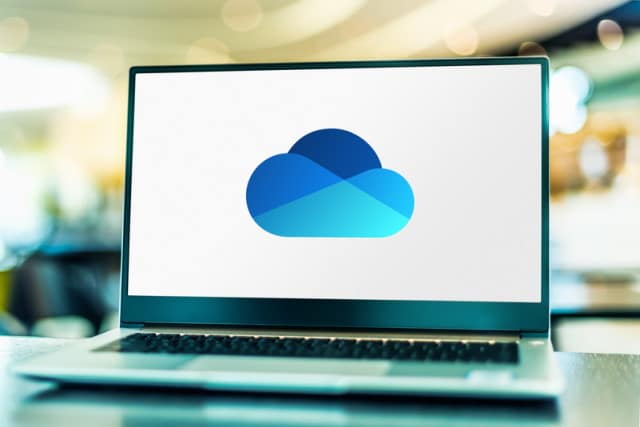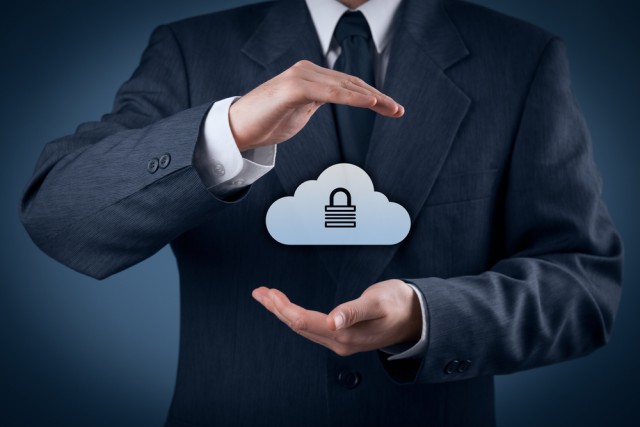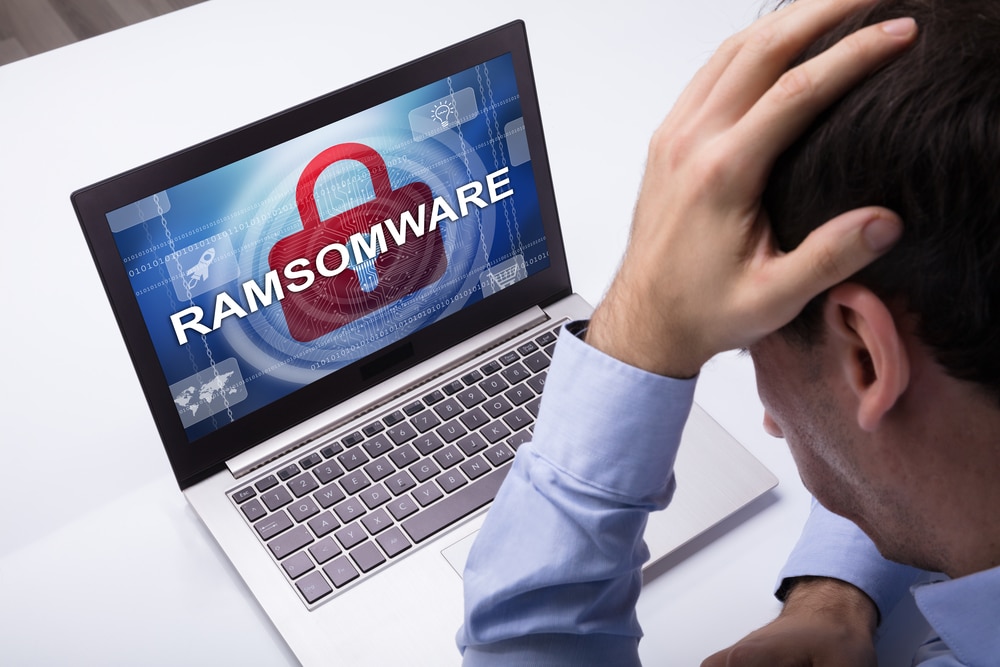
Moving to the cloud? Don't forget the mainframe
Over the past decade, cloud technology has become the IT infrastructure of choice for many organizations. When the COVID-19 pandemic forced businesses to send workers home, cloud adoption accelerated, ensuring teams stayed connected and productive while working remotely. But in the rush to capitalize on the agile capabilities offered by cloud, larger enterprises should be wary of neglecting a critical piece of technology: the mainframe.
A majority of the world’s top banks, airlines, and retailers are estimated to rely on mainframes -- trusting them as a reliable and secure part of their IT infrastructure. Market appetite for future growth of the technology is strong: IBM recently reported 49 percent YOY growth in its mainframe division for Q1 2021.

Why it's essential to find a cloud hosting partner who serves you and your clients' needs
With so many competing providers advertising themselves as the best, it's essential to know how to find a cloud hosting partner who effectively serves you and your clients' needs. It can be enough of a headache managing your cloud services, let alone managing those of your customers, especially if you're in the UK.
Many businesses look for the infrastructure and the resources to avoid going over budget, but the options can be limited, leaving many companies struggling to host alone.

Google cloud hacks mostly used for illegal cryptomining
New data from AtlasVPN shows that 86 percent of hacked Google Cloud accounts are used for illegal cryptomining.
Besides cryptojacking, other uses of compromised accounts include conducting port scanning of other targets on the Internet, occurring 10 percent of the time after a Google Cloud compromise.

Double or bust? Cost management versus cloud innovation
Holiday season is upon us, and predictions are that online sales will hit an all-time high of $206.88 billion in the run up to Christmas. The growth in online demand has meant e-commerce operators, banks and logistics companies are increasingly reliant on cloud strategies and investments to rapidly scale, and remain resilient and secure. In retail, the cloud market is predicted to expand over 18 percent CAGR by 2025 driven by omnichannel experiences while the cloud supply chain management market is set to grow at a CAGR of 13.81 percent.
While retail is a cloud leader, other industries are following suit, and as such, we’re starting to see the trends influencing adoption. The recent 2021 Cloud Adoption Survey, explores the state of the cloud, microservices, distributed application development, and other critical infrastructure and operations technologies.

IT leaders want to move from mainframe to cloud
A new survey of 650 IT leaders around the world shows that while 96 percent consider their organization's mainframe applications as important or critical to business operations, 98 percent would consider migrating off the platform.
The preferred destination for these apps is the cloud, with 82 percent of respondents saying they would use public and/or hybrid cloud deployment models if they were to move their organization's applications off the mainframe.

Organizations want secure multi-cloud but aren't putting in sufficient resources
A new survey of more than 200 IT leaders in the US finds that 95 percent of businesses are making multi-cloud a strategic priority in 2022 with security being top of mind.
However, only 54 percent feel highly confident that they have the tools or skills they need to execute the strategy. In fact, when it comes to multi-cloud operations in general, 76 percent of respondents believe it is 'under-invested' at their respective companies.

Lag between detection and investigation of cloud attacks harms businesses
New research carried out by ESG for digital forensics platform Cado Security finds that 89 percent of companies have experienced a negative outcome in the time between detection and investigation of a cyber-attack on their cloud environments.
When asked about the challenges involved in dealing with incidents, 74 percent of security professionals say their organizations need additional data and context to conduct forensics investigations in cloud environments.

How businesses can combat the challenges of cloud adoption
In recent years, cloud computing has become ubiquitous. So much so, that individuals rarely notice that they are using it to store documents and data instantly, despite the increasing importance that these technologies have in the remote arena. As many organizations continue to see their workforce scattered across different cities and countries, there is a clear urgency to access data safely, and without needing to do so in a physical workplace.
Beyond pandemic-incentivized cloud usage, other businesses will be motivated by the ease and flexibility that these technologies allow -- indeed, many find the ability to scale their operations up or down a very attractive prospect indeed.

Cloud adoption continues to rise but costs still a concern
Cloud adoption is still rising across all industries but managing costs and regulatory requirements remain top concerns for organizations worldwide.
A new report from O'Reilly finds that 30 percent of all respondents in almost every industry cite managing cost as the most important initiative their company is undertaking related to public cloud adoption.

Still using Windows 7 or Windows 8? OneDrive will stop working soon
While there are plenty of people who do not feel the need to upgrade from Windows 10 to Windows 11, there is still a surprising number of people who decided to stick with even older versions.
There are, of course, many implicated associated with using Windows 7 or Windows 8, most of them security related. But there is also the matter of software support, and Microsoft is now trying to push hangers-on to upgrade to the latest version of its operating system by cutting Windows 7 and 8.x out of using OneDrive.

Majority of businesses not protecting their sensitive data in the cloud
The latest cloud security study from Thales shows that 83 percent of businesses are still failing to encrypt half of the sensitive data they store in the cloud.
This is despite the fact that 40 percent of organizations have experienced a cloud-based data breach in the past 12 months.

New solution improves visibility and security in the cloud
Enterprises are increasingly turning to the cloud to boost their digital transformation efforts. But they need to address the security needs of this environment to avoid problems caused by breaches, misconfigurations and more.
Zero trust specialist Illumio is launching a new CloudSecure solution to offer organizations agentless visibility and enable teams to build and manage dynamic cloud workload policies using native controls in their public, hybrid, and multi-cloud environments.

Cloud is costly, but it shouldn't have to be
Cloud's meteoric rise to become the dominant system for IT infrastructure has only been accelerated by the pandemic. The capacity of the cloud to rapidly run workloads with flexibility and scale is something that is rarely matched by onsite IT infrastructure; a capability that has become more essential during the pandemic induced changes to working patterns and business operations. Indeed, according to Flexera’s 2021 State of the Cloud Report, 90 percent of firms slightly or significantly increased their cloud usage due to the pandemic.
As cloud services’ dominance looks set to continue, businesses are utilizing cloud platforms to drive innovation in emerging technologies. Businesses can now scale up their operations in areas like artificial intelligence with ease, allowing them to tap into fluctuating customer desires so as to deliver tangible value to the business.

How cloud-based file systems can protect your business from ransomware
Ransomware has rapidly become the number-one cyber threat, with attacks becoming more numerous and aggressive -- a trend that’s not likely to change anytime soon. According to a report from SonicWall, during the first half of this year, ransomware attacks in Europe climbed an astonishing 234 percent compared to 2020, while U.S. incidents soared by 185 percent. Worldwide attacks weren’t far behind, up 151 percent from the same period the year before. The attackers are equal-opportunity criminals, striking organizations of all types and sizes nearly every week.
There are several reasons for the steep and steady increase. The surge in remote workers using poorly protected home systems and networks has created many more opportunities for hackers. At the same time, the growing use of cryptocurrencies has made it easier to extort payment. Emboldened by these trends, cybercriminals are becoming more aggressive, threatening to publish sensitive data if targets refuse to fork over the ransom. They’re also demanding more money; research from Unit 42 puts the average ransom payment in 2021 at almost double the prior year.

How multi-cloud application delivery is impacting ecommerce providers as they prepare for major growth
Ecommerce continues to be one of the most fast-paced and competitive global industries, with industry-watchers estimating that online sales will constitute a fifth of all retail sales worldwide by the end of 2022. As vendors strive to capture their share of market growth, they need to offer exceptional customer experiences that build loyalty and repeat revenue. However, delivering omnichannel excellence puts considerable pressure on infrastructure as site traffic increases and consumer expectations rise.
At the same time, the sector is heavily targeted by cybercriminals seeking to disrupt, extort and damage online retail businesses. Consequently, striking a balance between operational efficiency, cost-control, security and customer satisfaction is a complex challenge.
